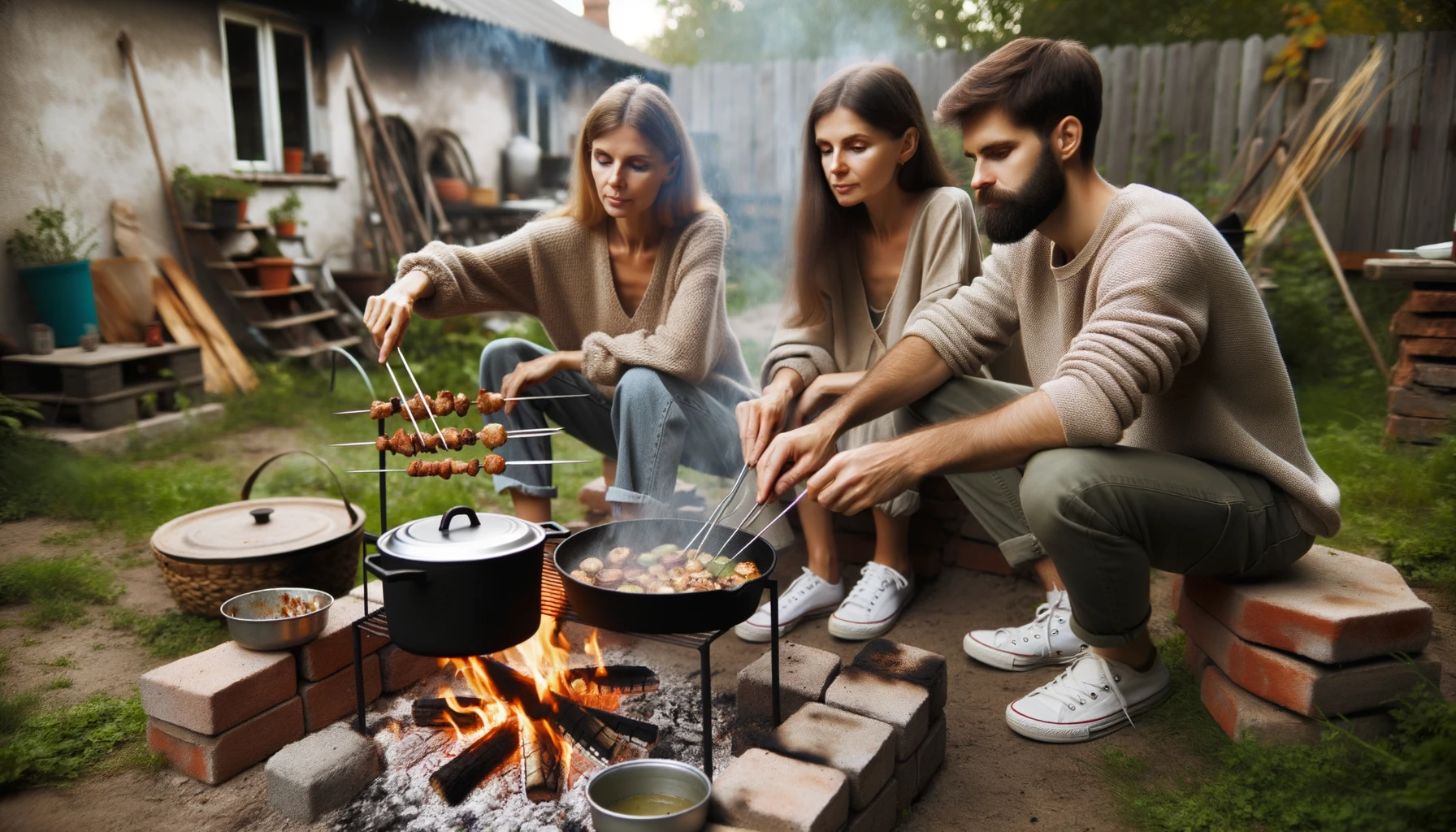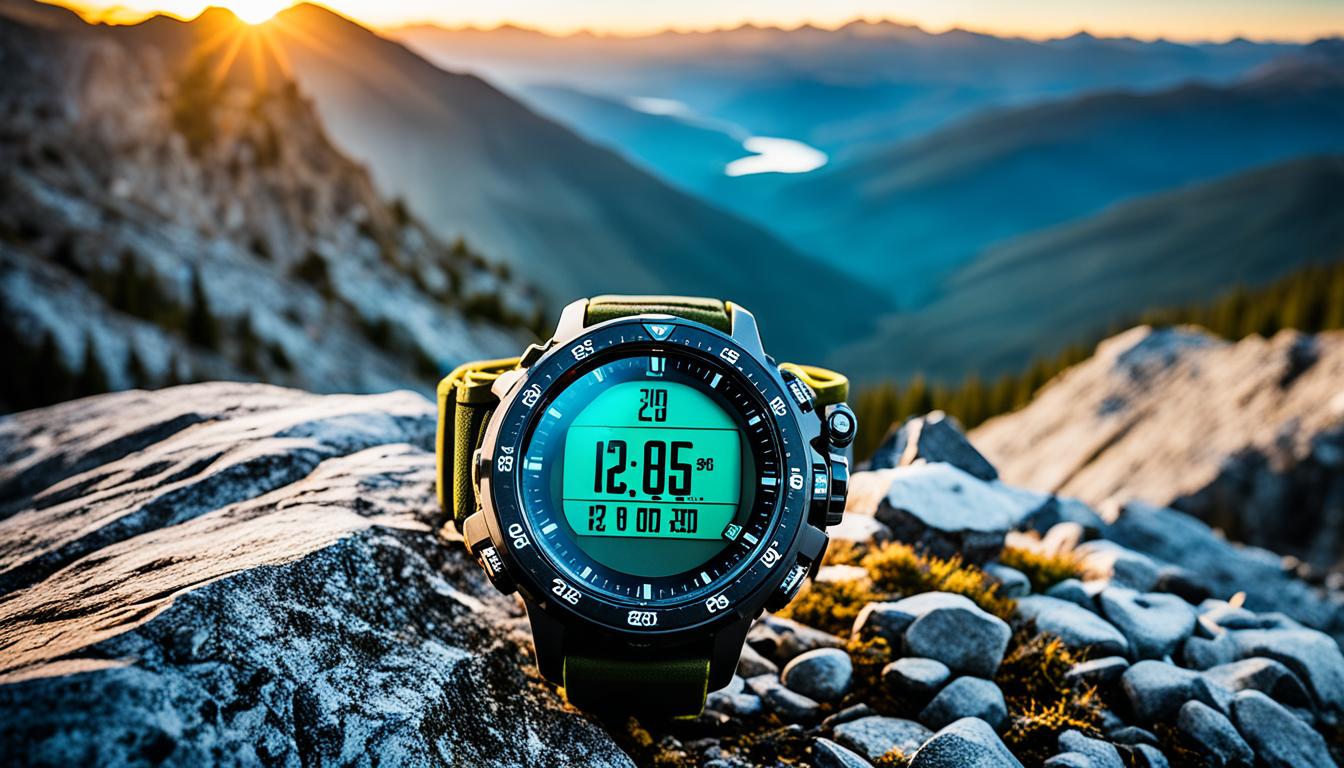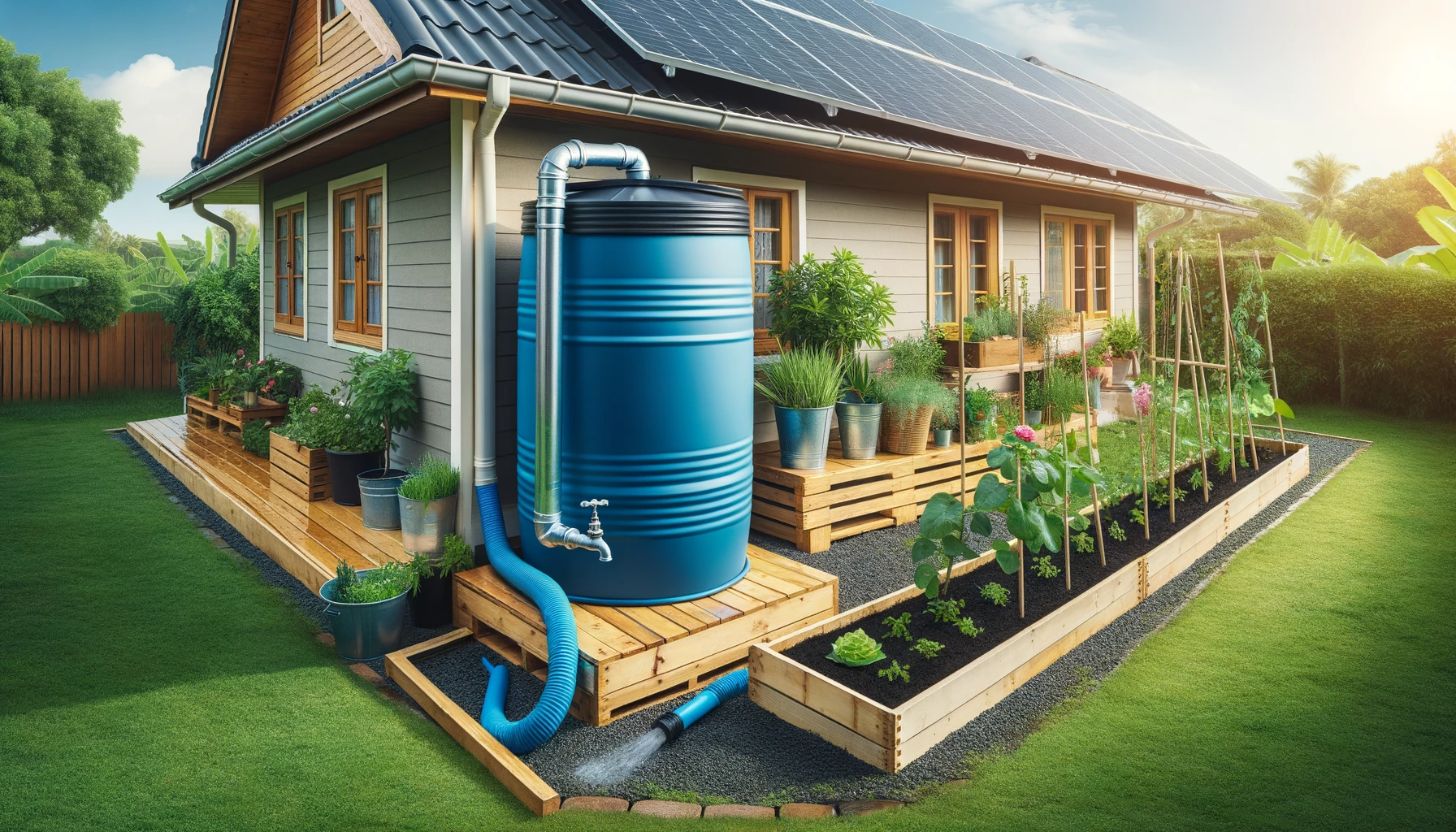Disasters can strike when you least expect it, leaving you with no access to the essentials you once took for granted. Imagine a life without electricity, running water, or communication with the outside world. How would you survive if the grid went down? In this section, we’ll explore the essential skills you need to thrive in grid-down scenarios.
From basic survival skills to self-reliance and emergency preparedness, these skills are crucial for ensuring your ability to cope when the grid goes down in the U.S. The ability to adapt and thrive in such scenarios depends on how well-prepared you are. Whether you’re living in an urban or rural area, having these skills can make all the difference in your survival.
Key Takeaways
- Survival skills are essential in grid-down scenarios.
- Preparedness and self-reliance skills are crucial for long-term sustainability.
- Emergency skills can help you manage unexpected crises.
- Off-grid living skills empower you to live independently.
- Community resilience is vital for collective survival.
Developing Survival Skills
In a grid-down scenario, survival skills are essential. Knowing how to find food and water sources, create shelter, and navigate without modern technology will increase your chances of survival. Here are some fundamental survival skills to develop:
- Finding Water: Water is essential for survival. Learn how to find and collect water from natural sources such as rivers, lakes, and streams. You can also collect rainwater and purify it using a filter or by boiling it.
- Finding Food: In a grid-down scenario, you may need to forage for food. Learn how to identify edible plants, catch fish, and hunt small animals. It’s also important to learn how to safely prepare and cook your food.
- Creating Shelter: Knowing how to create a shelter can mean the difference between life and death in extreme weather conditions. Learn how to build a shelter using natural materials or with a tarp or tent.
- Navigating: Without modern technology, navigating can be challenging. Learn how to read a map and use a compass to navigate through unfamiliar territory.
By developing these survival skills, you can increase your chances of survival in a grid-down scenario. Remember, it’s important to practice these skills regularly to maintain your proficiency.
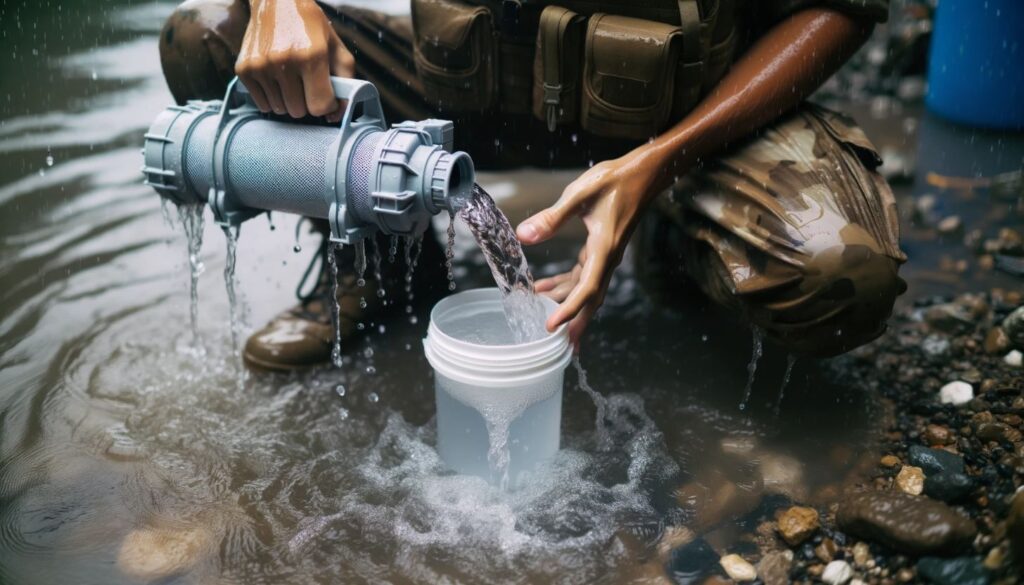
“Survival can be summed up in three words – never give up. That’s the heart of it really. Just keep trying.” – Bear Grylls
Building Self-Reliance Skills
When the grid goes down in a grid-down scenario, being self-reliant can mean the difference between surviving and struggling. That’s why developing self-reliance skills is crucial for anyone looking to thrive in such situations.
One of the most important self-reliance skills is preparedness. Being prepared means having a stockpile of necessary supplies and resources to last you through the crisis. This includes food, water, medicine, and other essentials. Make sure to keep your supplies in a safe and secure location that is easily accessible.
Another key self-reliance skill is learning to grow and preserve your own food. This involves knowing the best techniques for planting, nurturing, and harvesting crops, as well as methods for canning, pickling, and drying food. By growing and preserving your own food, you can ensure a steady source of nourishment during a crisis.
Carpentry is also an essential self-reliance skill that can come in handy during a grid-down scenario. Knowing how to build your own shelter, furniture, and other essential items from scratch can save you a lot of money and resources. It’s also a great way to hone your problem-solving and creativity skills.
Food Preservation Skills
One of the most valuable self-reliance skills for grid-down scenarios is food preservation. By preserving your own food, you can extend the life of your harvest, reduce wastage, and create a stockpile of food that can last you through the crisis. Some of the most common food preservation methods include canning, pickling, drying, and smoking.
Canning is a great way to preserve fruits, vegetables, and meats for long periods. The process involves sealing your food in airtight jars and then placing them in a hot water bath to kill bacteria and other microorganisms. Pickling is another common method that involves preserving food in vinegar or brine. This method works best for vegetables like cucumbers, beets, and cabbage.
Drying is another method that involves drying fruits, vegetables, and meats in the sun or in a dehydrator. By removing the moisture from your food, you can prevent the growth of bacteria and extend the life of your harvest. Smoking is another technique that involves exposing your food to smoke from burning wood or charcoal. The smoke acts as a natural preservative and helps to enhance the flavor of the food.
Overall, mastering self-reliance skills is essential for thriving in grid-down scenarios. By learning how to be self-sufficient and prepared, you can ensure your survival and the survival of those around you.
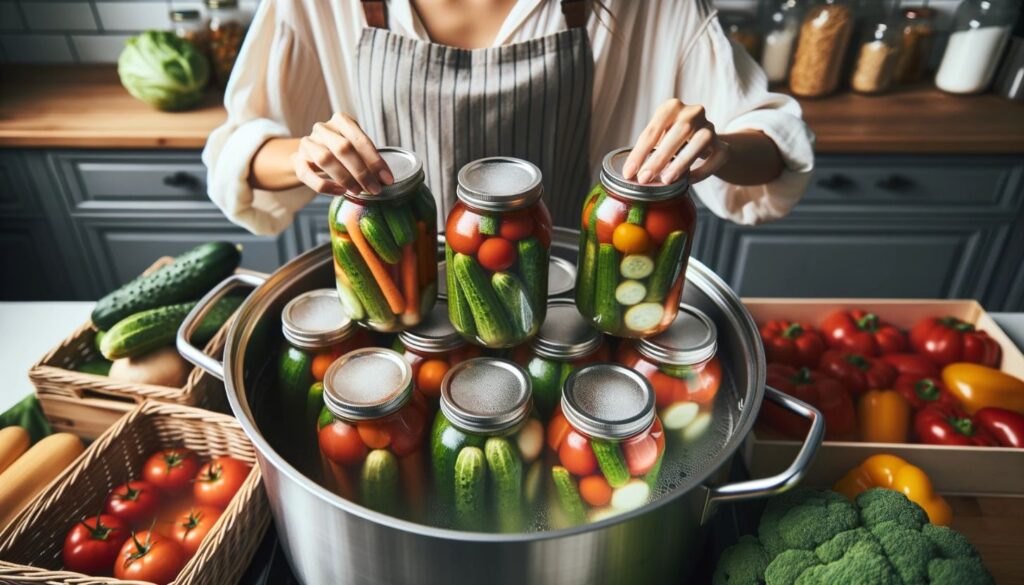
Mastering Emergency Preparedness
Disasters can strike at any moment, leaving you without access to basic necessities such as food, water, and electricity. In grid-down scenarios, emergency preparedness skills are essential for increasing your chances of survival and minimizing the impact of the disaster on your life.
One of the first steps in emergency preparedness is creating an emergency plan. When developing your plan, consider the specific needs of your family, including any medical or dietary requirements. Ensure that everyone knows the plan and the designated meeting place in case you get separated.
Another crucial aspect of emergency preparedness is building a stockpile of essential supplies. This includes non-perishable food, water, first aid supplies, and any necessary medications. Keep your supplies in a designated location where they can be easily accessed in an emergency.
In addition to stockpiling supplies, it’s important to stay informed about potential disasters and their likelihood in your area. Sign up for emergency alerts and have a battery-powered or hand-cranked radio in case of power outages.
Finally, consider taking a first aid or emergency response course to develop the skills needed to handle medical emergencies and provide basic first aid. These skills can be invaluable in grid-down scenarios when medical help may not be readily available.

By mastering emergency preparedness skills, you can improve your chances of surviving and thriving in grid-down scenarios. Remember to create an emergency plan, build a stockpile of essential supplies, stay informed, and develop first aid skills. With these skills, you can face any disaster with confidence and be better equipped to handle whatever challenges come your way.
Exploring Off-Grid Living Skills
Living off the grid is becoming an increasingly popular way of life, especially for those who want to be more self-sufficient and independent. In a grid-down scenario, off-grid skills can mean the difference between surviving and struggling. Here are some essential skills to consider:
Generating Your Own Power
When the grid goes down, having an alternative power source is crucial. Generating your own power requires knowledge of solar panels, wind turbines, or other renewable energy sources. Consider investing in a portable generator or installing a solar panel system. This will allow you to power essential appliances like refrigerators, lights, and communication devices.
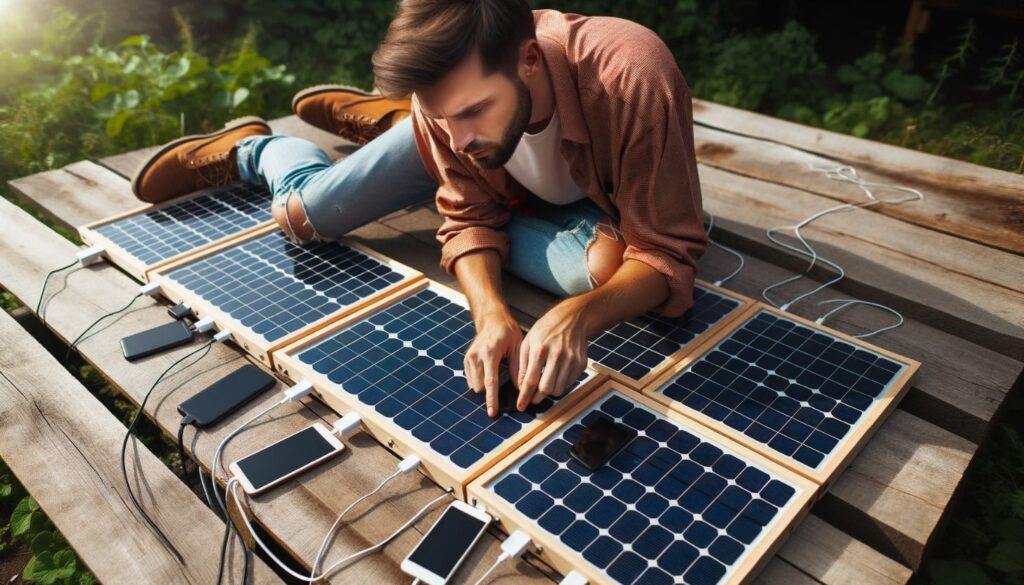
Minimizing Waste
Living off the grid requires reducing your waste and using resources wisely. Composting food scraps, recycling materials, and reducing energy consumption are all essential skills for maintaining a sustainable lifestyle. Reusing items like jars, bottles, and other containers can also help minimize waste and reduce costs.
Living Sustainably
Living sustainably means being conscious of the resources you use and how you use them. This includes growing your own food, using water wisely, and reducing your carbon footprint. Consider implementing rainwater harvesting, using a composting toilet, or raising your own livestock to increase your self-sufficiency.
By developing off-grid skills, you can increase your chances of survival and reduce your dependence on traditional energy sources. Consider incorporating these skills into your lifestyle to prepare for grid-down scenarios and lead a more sustainable and self-reliant life.
Essential First Aid Skills
In grid-down scenarios, the ability to provide effective medical assistance can mean the difference between life and death. It’s essential to have a comprehensive understanding of first aid skills to ensure the health and well-being of yourself and others.
Basic first aid skills include wound management, treating burns, splinting broken bones, and performing CPR. Additionally, you should know how to assess a patient’s condition and recognize life-threatening situations.
When the grid goes down, access to professional medical care may be limited or nonexistent, making it crucial to be prepared to handle medical emergencies. You should also be well-versed in the use of medical equipment and supplies, such as tourniquets, bandages, and medication.
Stabilizing Injuries
In emergency situations, stabilizing injuries until professional medical help is available is crucial. This can include applying pressure to a bleeding wound or immobilizing a broken bone. You must also be able to recognize and respond to shock, which can occur after severe bleeding or injury.
It’s also essential to be able to identify and respond to medical emergencies such as heart attacks or strokes. Knowing how to provide immediate care can make a significant difference in the outcome.
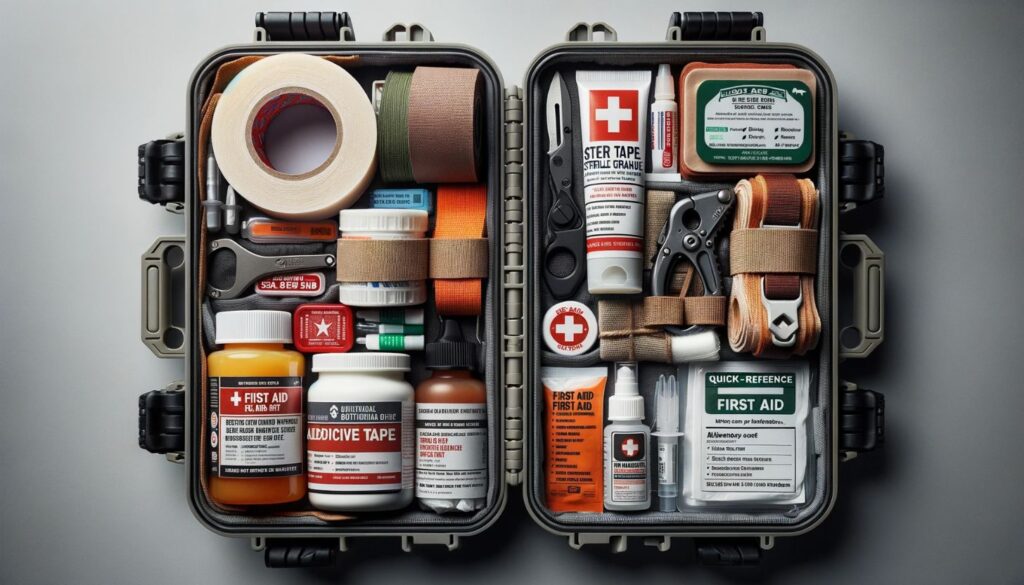
Emergency Preparedness
In addition to learning first aid skills, you should also be well-prepared for emergency situations. This includes having an emergency first aid kit that includes essential medical supplies, such as bandages, antiseptics, and pain relievers.
You should also have a comprehensive understanding of emergency protocols and procedures. This includes knowing when to call for emergency assistance and how to communicate effectively with first responders.
By mastering essential first aid skills and emergency preparedness, you can increase your chances of survival in grid-down scenarios. Being well-versed in these essential skills can give you the confidence and knowledge needed to navigate challenging situations and ensure the safety of yourself and others.
Mastering Bushcraft Skills
When the grid goes down, you need to rely on your survival skills to stay alive. Bushcraft skills are outdoor living skills that are essential for surviving in grid-down scenarios. These skills include the ability to make a fire, build a shelter, find food and water sources, navigate without modern technology and utilize natural resources in the wilderness. Developing bushcraft skills requires practice and patience, but once mastered, these skills can significantly increase your chances of survival.
The ability to make a fire is one of the most critical bushcraft skills that you must learn in grid-down scenarios. A fire can provide warmth, light, and help you cook food. You should know how to start a fire without matches or a lighter, using natural materials like dry grass, birch bark, or pine needles. You can also utilize fire plow, hand drill, or bow drill techniques to start a fire. Remember, always practice fire safety and keep the fire under control.
Building a shelter is another vital bushcraft skill. You need a shelter to protect yourself from the elements, especially in cold or wet weather. You can build a shelter from a tarp, natural materials like branches, leaves, and bark, or construct a shelter with a knife. Knowing how to build a shelter will ensure that you have a safe and comfortable place to rest.
When the grid goes down, finding food and water sources can be challenging. You must know how to identify edible plants and wildlife, and find sources of clean drinking water. You can also learn the art of trapping and fishing to increase your chances of obtaining food. The ability to purify water is also crucial, either boiling it or using natural filters.
Navigation is another essential bushcraft skill, especially when modern technology is not available. You need to know how to read a map and compass and navigate by the stars or natural landmarks. You can also utilize the sun’s position to determine direction and use a watch as a makeshift compass.
Finally, utilizing natural resources in the wilderness is an important bushcraft skill. You can use natural materials as tools, such as making a bow and arrow, digging tools, or making cordage from plants to repair gear. You can also use natural resources as medicine, such as using plants for pain relief or treating infections.
Now that you know the importance of mastering bushcraft skills in grid-down scenarios, take the time to learn and practice these essential survival skills. With patience and practice, you can develop the skills necessary to survive and thrive in a grid-down scenario.

Embracing Homesteading Skills
When the grid goes down, having homesteading skills can be the key to long-term survival and self-reliance. Homesteading skills involve living off the land, growing your own food, and raising livestock. Not only do these skills allow you to produce your own food, but they also provide an opportunity to create a self-sustaining homestead that can support you and your family for years to come.
Some essential homesteading skills for grid-down scenarios include:
- Raising livestock – Livestock such as chickens, cows, and goats can provide a reliable source of meat, dairy, and eggs. Learning how to care for and raise livestock is an important homesteading skill that can help you sustain a steady food supply.
- Food preservation – Knowing how to preserve food through methods like canning, dehydrating, and fermenting can help you extend the lifespan of your food supply and have access to fresh food year-round.
- Seed saving – Seed saving involves collecting and storing seeds from harvested crops to use for future planting. This skill is critical for long-term food production and self-sustainability.
- Basic carpentry – Carpentry skills like building simple structures, creating furniture, and repairing tools can help you create a functional homestead and maintain essential equipment.
By embracing homesteading skills, you can reduce your dependence on external resources and increase your ability to thrive in grid-down scenarios. These skills require time, effort, and practice to master, but in the long run, they can provide a sense of self-reliance and security in uncertain times.
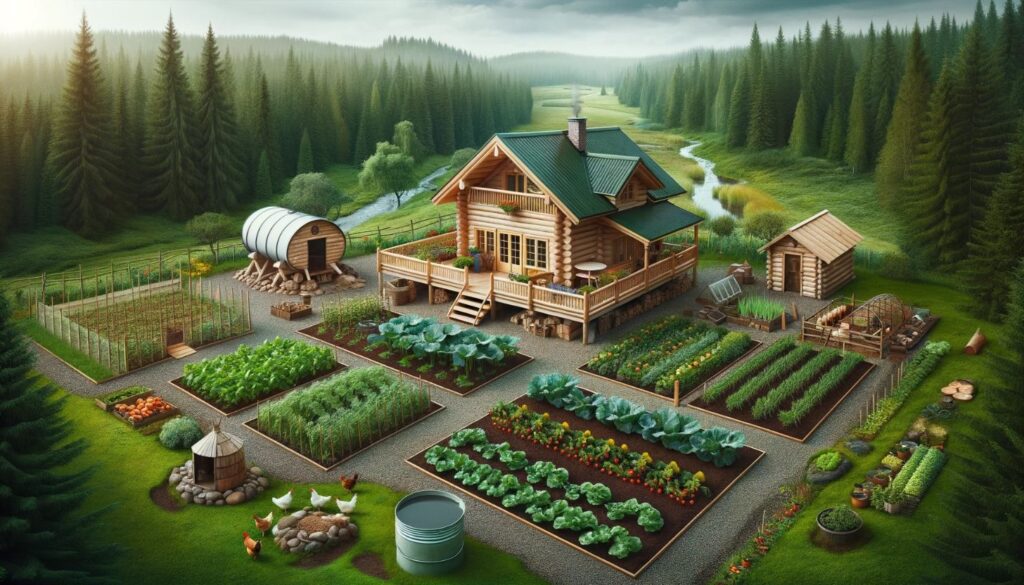
Strengthening Community Resilience
When it comes to surviving grid-down scenarios, community resilience is critical. In times of crisis, a supportive community can make all the difference. By working together, sharing resources, and pooling skills, communities can increase their resilience and improve their chances of survival.
One way to build community resilience is by connecting with your neighbors and forming a mutual aid group. This group can help to identify the strengths and skills of each member, assess vulnerabilities, and develop an emergency plan that addresses the needs of the group. In the event of a grid-down scenario, this group can provide emotional support, share resources, and work together to meet basic needs such as food, water, and shelter.
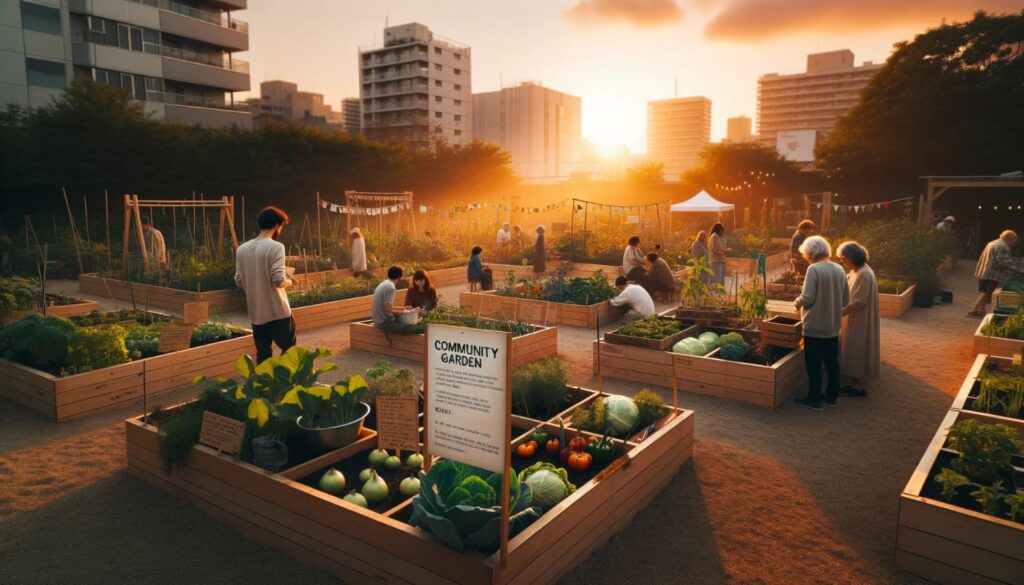
Another way to strengthen community resilience is by volunteering with local emergency services. By becoming a trained volunteer, you can provide critical assistance during emergencies, gain valuable skills, and build relationships with other volunteers and emergency responders. This not only benefits your community but also helps to prepare you for potential grid-down scenarios.
It’s also important to establish connections with neighboring communities. In the event of a major disaster, neighboring communities can support each other by sharing resources, knowledge, and skills. Building these connections ahead of time can help to ensure a smoother response during an emergency.
Overall, strengthening community resilience is a crucial element of preparedness for grid-down scenarios. By working together, supporting each other, and building strong networks, communities can increase their ability to adapt and thrive when the grid goes down.
Conclusion
Learning and practicing a range of essential skills is vital for surviving and thriving in grid-down scenarios. Whether it’s survival skills, self-reliance skills, off-grid skills, or disaster preparedness skills, these abilities will empower you to overcome the challenges that come with a grid-down situation. By dedicating your time and effort to acquiring and honing these skills, you can increase your chances of survival and lead a more independent and resilient life.
Invest in Yourself
Investing in developing your skills for grid-down scenarios is a wise investment in yourself and your family’s future. By learning how to navigate a grid-down scenario with confidence, you can feel more secure and prepared to handle any situation that arises. With the right skills and mindset, you can ensure that your family has the best possible chance of survival in a crisis.
Join a Community
Joining a community of like-minded individuals is an excellent way to learn new skills and share knowledge about surviving in a grid-down scenario. By collaborating with others, you can pool resources and help one another through challenging situations. Building strong networks and practicing community resilience can significantly increase your chances of survival and help you thrive in grid-down scenarios.
Start Today
Don’t wait until it’s too late to start learning essential skills for grid-down scenarios. Starting today, you can begin to take steps towards becoming more self-reliant, prepared, and capable in challenging situations. Whether you’re interested in survival skills, off-grid living, disaster preparedness, or community resilience, there are plenty of resources available to help you get started.
Investing in your skills is always a smart decision. Start your journey towards becoming more self-reliant, resilient, and capable today!
FAQ
What are grid-down scenarios?
Grid-down scenarios refer to situations where the electrical grid or other essential infrastructure is not functioning due to various factors such as natural disasters, cyber attacks, or prolonged power outages.
Why are survival skills important in grid-down scenarios?
Survival skills are essential in grid-down scenarios as they enable individuals to navigate challenging situations, find food and water sources, create shelter, and adapt to a lack of modern technology or resources.
What are self-reliance skills?
Self-reliance skills are abilities that allow individuals to sustain themselves and their families during grid-down scenarios. These skills may include food preservation, growing one’s own food, basic carpentry, and other essential skills for long-term self-sufficiency.
How can I prepare for emergencies in grid-down scenarios?
Mastering emergency preparedness involves creating an emergency plan, building a stockpile of essential supplies, and learning how to effectively respond to emergencies, ensuring your safety and increasing your chances of survival.
What are off-grid living skills?
Off-grid living skills involve techniques and practices that enable individuals to live independently from traditional energy sources. These skills may include generating your own power, minimizing waste, and living sustainably to reduce dependence on the electrical grid.
Why are first aid skills important in grid-down scenarios?
First aid skills are crucial in grid-down scenarios as they enable individuals to handle medical emergencies, perform basic first aid procedures, and stabilize injuries until professional medical help becomes available.
What are bushcraft skills?
Bushcraft skills encompass wilderness survival techniques, fire making, navigation, and natural resource utilization. Mastering these skills enhances your ability to survive and thrive in grid-down scenarios.
What are homesteading skills?
Homesteading skills include raising livestock, food preservation, seed saving, and other practices that allow individuals to create self-sustaining homesteads and maintain a steady food supply in grid-down scenarios.
Why is community resilience important in grid-down scenarios?
Community resilience plays a vital role in grid-down scenarios as it involves building strong networks, sharing resources, and collaborating with others to ensure collective survival and resilience in the face of challenges.
Why should I invest time in developing essential skills for grid-down scenarios?
Investing time and effort into learning and practicing essential skills for grid-down scenarios increases your chances of survival and empowers you to lead a more independent and resilient life in challenging situations.

